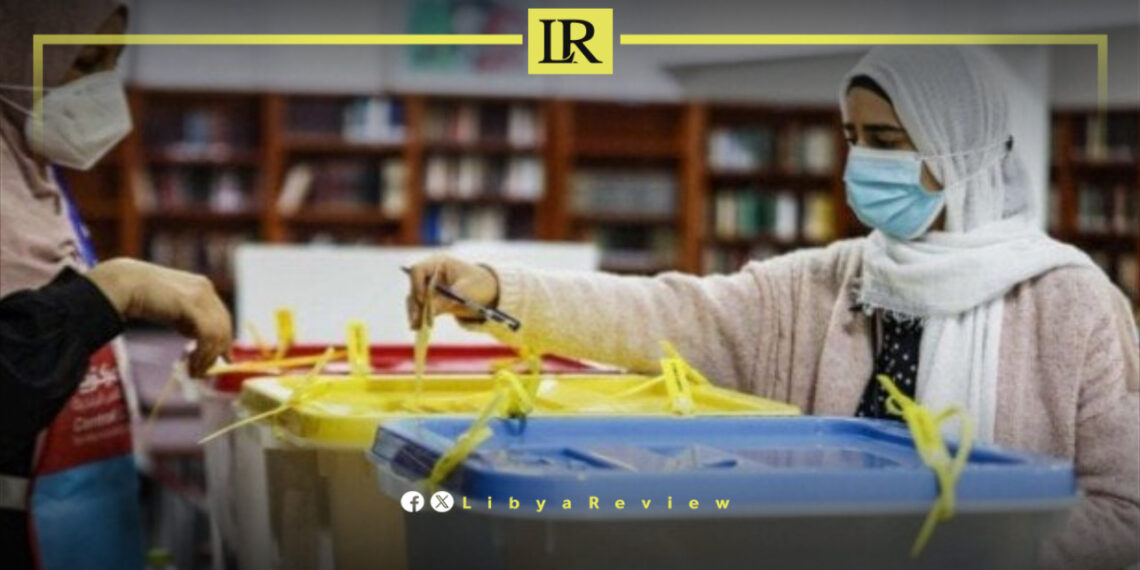On Monday, 21 Libyan organizations and institutions, in collaboration with the Libyan National Peace Assembly, launched the “Your Voice is Power” campaign in Benghazi. The initiative aims to empower Libyan women politically and socially while promoting their active participation in elections and national decision-making.
Hanane Al-Shehibi, a member of the Libyan National Peace Assembly, emphasized that the campaign is focused on reminding women of their constitutional rights and reinforcing their societal role.
“The campaign encourages women to engage actively in elections and assume leadership positions, as guaranteed by the Libyan constitution,” Al-Shehibi stated.
Al-Shehibi highlighted that Libya’s electoral law mandates the inclusion of at least one woman in every electoral list. Moreover, women are eligible for high-ranking roles, such as municipal mayors, showcasing a significant commitment to advancing women’s presence in politics.
The campaign also underscores the importance of enforcing laws that protect women in both public and private sectors. Al-Shehibi advocated for essential rights, such as 14 weeks of paid maternity leave and protection against dismissal during pregnancy, to help women balance their family and professional responsibilities.
Additionally, the initiative seeks to offer tangible support to women through social affairs offices and comprehensive training programs. These efforts aim to equip women with the skills and resources needed to thrive in political and leadership roles.
Libya has been in chaos since a NATO-backed uprising toppled longtime leader Muammar Gaddafi in 2011. The county has for years been split between rival administrations.
Libya’s economy, heavily reliant on oil, has suffered due to the ongoing conflict. The instability has led to fluctuations in oil production and prices, impacting the global oil market and Libya’s economy.
The conflict has led to a significant humanitarian crisis in Libya, with thousands of people killed, and many more displaced. Migrants and refugees using Libya as a transit point to Europe have also faced dire conditions.
The planned elections for December 2021 were delayed due to disagreements over election laws and the eligibility of certain candidates. This delay has raised concerns about the feasibility of a peaceful political transition.
Despite the ceasefire, security remains a significant concern with sporadic fighting and the presence of mercenaries and foreign fighters. The unification of the military and the removal of foreign forces are crucial challenges.


